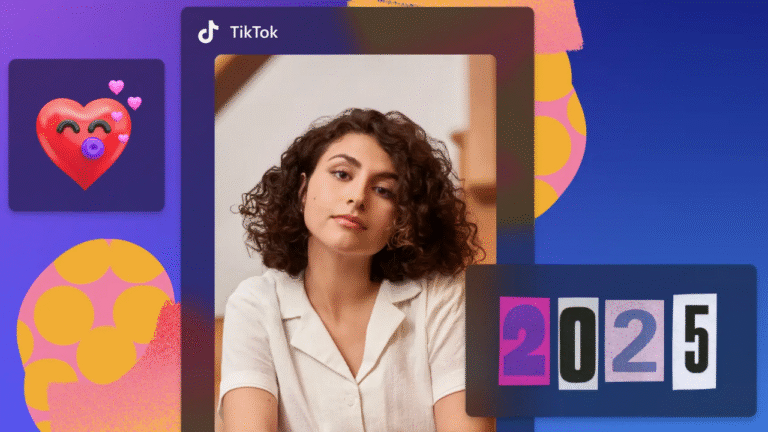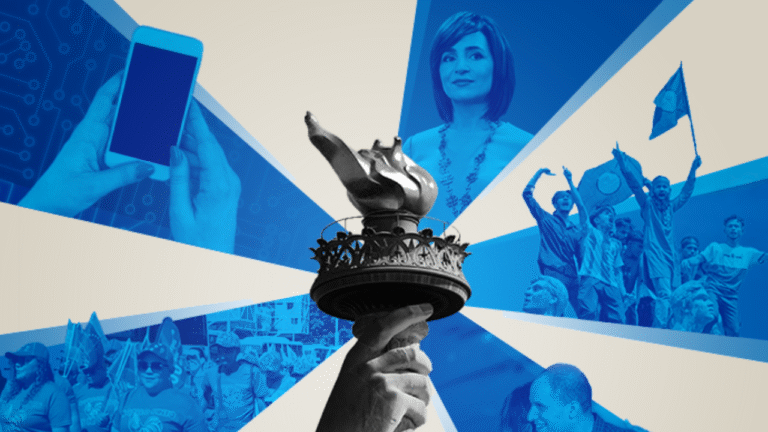Why Facebook Groups Are Still Powerful in 2025
In a world where flashy new platforms often dominate the spotlight, it might surprise some to learn that Facebook Groups are not just surviving in 2025 — they’re thriving. While Facebook as a whole may no longer be the go-to hangout for Gen Z, its Groups feature has quietly evolved into one of the most powerful and consistent tools for connection, conversation, and community on the internet.
Despite changes in design, leadership, and competing platforms, Facebook Groups continue to offer something unique: depth, structure, and belonging. Let’s explore why they remain one of the strongest tools in social media today.
A Digital Home for Real Communities
One of the biggest reasons Facebook Groups are still relevant is simple: people want a place to belong. While Instagram, TikTok, and Threads are great for public-facing content, they don’t always provide the feeling of being in a community. Facebook Groups fill that gap.
Whether it’s a local parenting group, a niche hobbyist page, or a professional mastermind, these spaces function like digital neighborhoods. Members check in daily not to consume content but to interact, help, learn, and share.
Groups allow people to form tight-knit communities around specific interests. From mental health support to rare car collectors to career-focused networking hubs, the range of topics is endless — and the conversations are often richer than on other platforms.
Algorithm That Still Prioritizes Community
Unlike the main Facebook feed, which has become saturated with ads and brand content, Group posts still reach members organically. The algorithm favors posts from communities you’ve engaged with, so people see what matters to them.
In 2025, when social media feels increasingly algorithm-driven and chaotic, this kind of reliability is refreshing. Members feel seen. They don’t have to shout to be heard, and posts aren’t drowned in an endless scroll of irrelevant content.
That organic visibility is gold for creators, brands, and everyday users alike. It leads to higher engagement, longer discussions, and better trust between members.
Hyper-Specific, Niche Conversations
Another reason for the strength of Facebook Groups is the power of niche. Unlike other platforms where broad appeal wins, Groups thrive on specificity.
For example, someone might not find value in a general news app, but they’ll eagerly join a group focused on single parenting in a specific city. They’ll participate in a group centered on keto recipes for beginners, or freelance writers navigating contracts. This hyper-niche structure allows users to bypass general noise and connect directly with people who share their challenges or passions.
In 2025, relevance and relatability matter more than reach, and Groups are structured to serve exactly that.
Easier Moderation and Control
One of the frustrations many users experience on other platforms is the lack of control over toxic interactions. Facebook Groups, however, offer a surprisingly sophisticated set of moderation tools.
Admins can set up automatic keyword filters, pre-approve posts, remove or mute members, and even schedule content. They can also pin guides, create FAQs, and use polls to steer the group in a meaningful direction. In essence, Groups function like curated digital clubs, offering safety and structure — something many users increasingly value.
This has made Groups particularly effective for mental health communities, activism, education-based collectives, and even local neighborhoods, where clear boundaries and rules matter.
Business, Education, and Support Rolled into One
Facebook Groups are no longer just for social chatter. In 2025, they are multi-functional hubs. Many entrepreneurs run client-only groups for coaching, workshops, or exclusive content. Teachers use private groups to manage virtual classrooms or ongoing discussions. Support organizations and non-profits use them to stay connected with their audience in a personal way.
For businesses, Groups are an essential part of customer retention. Unlike email newsletters or Instagram reels, Groups let users ask questions, share feedback, and build loyalty in a space where others are already invested.
When done right, a Facebook Group is not just another marketing funnel — it’s a community-driven experience.
Longevity and Trust
Part of what makes Facebook Groups so powerful in 2025 is that they have something newer platforms often lack: history. Many Groups have existed for five or ten years, and users have built trust within those walls.
People recognize familiar names, remember old threads, and value long-term relationships. The discussions feel more authentic because they’re not chasing virality — they’re grounded in ongoing connection.
And while platforms like Discord or Slack offer community tools too, Facebook’s Group infrastructure is more accessible to everyday users. No special app, no learning curve. Just search, join, and post.
The New Group Features That Keep It Fresh
To stay competitive, Facebook has added new tools to make Groups even more relevant:
- Live video and audio rooms allow real-time interaction, perfect for hosting discussions or AMAs
- Reels in Groups lets creators post short videos directly in their communities
- Event integration enables members to plan, promote, and attend digital or in-person gatherings
- Learning modules give educators and coaches tools to deliver content in structured formats
These features make Facebook Groups feel less like old-school forums and more like dynamic, evolving ecosystems.
The Psychological Advantage: Familiarity and Habit
Let’s not overlook the psychological factor. Facebook may not be as trendy, but it’s embedded into the habits of millions. People still check Facebook daily — often specifically for their Groups.
The notifications are clear. The experience is familiar. People don’t have to learn something new every time the app updates. This habitual ease of use makes Groups stickier and more dependable than fleeting trends on newer apps.
Final Thoughts
In a digital landscape that often chases what’s new, Facebook Groups have become a rare constant. They’ve grown quietly, evolved strategically, and offered users what they’re often missing elsewhere: real community, meaningful conversation, and a sense of control.
They’re not designed for performance or spectacle. They’re designed for belonging. And in 2025, when so much of the internet feels fragmented, that kind of digital home is more powerful than ever.
If you’re building an audience, launching a brand, seeking support, or just looking to connect with people who truly get you — Facebook Groups are still one of the best places to start.
Stay in touch to get more news & updates on The Knowled Gearrow!





